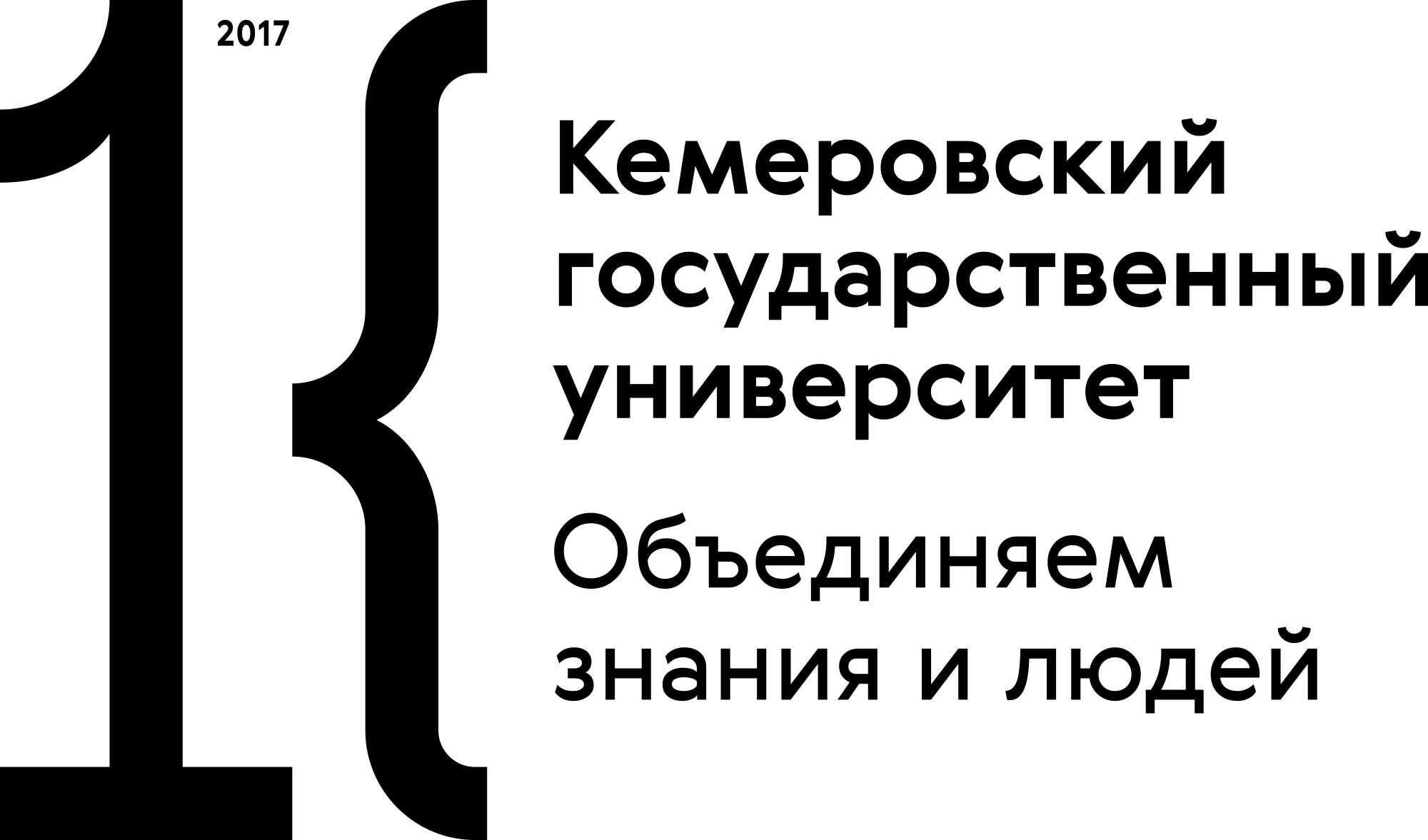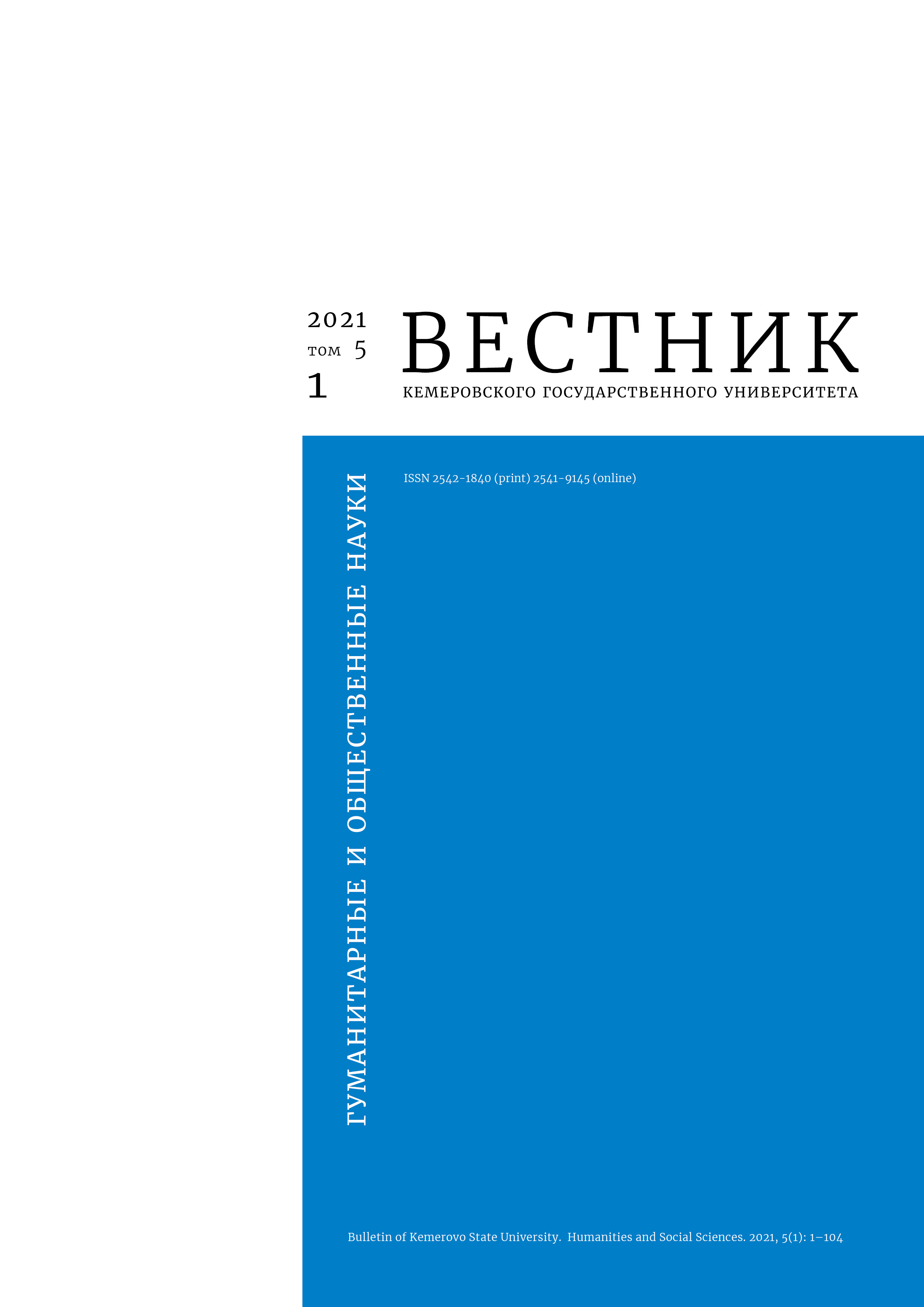Kemerovo, Russian Federation
Kemerovo, Russian Federation
Kemerovo, Russian Federation
UDC 37
The paper introduces the organizational and methodological aspects of extracurricular activities as a necessary condition for the intellectual development of young teenagers, who usually demonstrate a striking imbalance in mathematical, non-science, and technical abilities, as well as a partial decrease in non-verbal abilities. The article describes various psychological and pedagogical approaches to the issue of intellectual abilities. The research objective was to study the forms and methods of organizing extracurricular activities that ensure the intellectual and personality development in 11–13-year-olds. A set of controlled experiments proved their efficiency and demonstrated some intellectual improvement in the test subjects. For instance, the research resulted in an obvious increase in the number of test subjects with a medium level of logical thinking, mathematical skills, speech development, and the ability to compare concepts.
imbalance, non-verbal parameters, verbal parameters, a set of activities for the general intellectual direction, metasubject results, development of inclinations, efficient mental activity
1. Alimova E. R., Filimonova E. A. The evolution of scientific views on general intelligence and the identification of the level of development of non-verbal intelligence in young people. International Scientific Review, 2017, (1): 112-115. (In Russ.)
2. Trifonova A. V. The development of conceptual abilities in late adolescence and early adulthood. Akmeologia, 2015, (2): 144-148. (In Russ.)
3. Druzhinina S. V. Correlation of intellectual abilities and creativity in the structure of intelligence. Akmeologia, 2016, (1): 89-93. (In Russ.)
4. Tereshonok T. V. Intellectual abilities and representation of the spatially objective environment. Vestnik KGPU im. V. P. Astafieva, 2007, (1): 95-101. (In Russ.)
5. Kuzmenko G. A. Development criteria of sportsman-teenager intellectual capabilities in implementation conditions of competency building approach. Nauka i shkola, 2012, (1): 102-109. (In Russ.)
6. Ananev B. G. Issues of modern human science, 2nd ed. St. Petersburg: Piter; Piter buk, 2001, 260. (In Russ.)
7. Popova E. V. Peculiarities of thinking in children aged from 7 to 18. Vestn. Pomor. un-ta. Ser.: Estestv. i toch. nauki, 2009, (2): 13-20. (In Russ.)
8. Konogorskaya S. A. Age-related features of spatial thinking development among teenagers and high school students: their interrelation to academic performance. Vestnik Buriatskogo gosudarstvennogo universiteta, 2014, (5): 59-65. (In Russ.)
9. Leites N. S. Age endowments and individual differences. Moscow: In-t prakt. psikhologii; Voronezh: MODEK, 1997, 448. (In Russ.)
10. Petrova S. O., Shcheblanova E. I. The ratio of verbal and non-verbal abilities in schoolchildren with high general giftedness. Teoreticheskaya i eksperimental'naya psikhologiya, 2010, 3(3): 5-18. (In Russ.)
11. Balakshina Zh. A., For M. V. The age changeability of intelligence and creativity from adolescence to adulthood. Vestn. S.-Peterb. un-ta. Ser. 12, 2008, (4): 75-80. (In Russ.)
12. Kryukova E. A. Mathematical giftedness: individual, gender and age characteristics. Cand. Psychol. Sci. Diss. Perm, 2001, 198. (In Russ.)
13. Balabanova N. V. Influence of the educational environment on the intellectual and personal development of young teenagrs. Cand. Psychol. Sci. Diss. Abstr. Krasnodar, 2002, 24. (In Russ.)
14. Loginova E. S. Intellectual development of boys and girls at the age of 6-10 y. o. Novy'e issledovaniya, 2013, (4): 52-66. (In Russ.)
15. Lingevich O. V. Organization of extracurricular activities in educational institutions. Simvol nauki, 2016, (9-2): 80-82. (In Russ.)
16. Salangina N. Ya. Classification of forms of extracurricular activities. Vestnik Moskovskogo gosudarstvennogo universiteta kul'tury i iskusstv, 2011, (3): 231-235. (In Russ.)
17. Pchelintseva T. S. Extracurricular activities at school when training and supporting teachers. Obshchestvo: sotsiologiia, psikhologiia, pedagogika, 2018, (4): 105-108. (In Russ.) DOI:https://doi.org/10.24158/spp.2018.4.19
18. Gavrilova N. G., Khrisanova E. G. On organization of extracurricular activities for village schoolchildren. Vestnik Chuvashskogo gosudarstvennogo pedagogicheskogo universiteta im. I. Ya. Yakovleva, 2016, (2): 115-122. (In Russ.)
19. Baiborodova L. V., Shirokova E. V. Pedagogical support of junior schoolchildren's extracurricular activities. Jaroslavskij pedagogicheskij vestnik, 2016, (3): 36-42. (In Russ.)
20. Nikolaeva E. I. Resources of developing learners' value attitudes during extracurricular activities. Psychopedagogy in Law Enforcement, 2018, (4): 78-83. (In Russ.) DOI:https://doi.org/10.24411/1999-6241-2018-14014
21. Akimova M. K., Borisova E. M., Kozlova V. T., Loginova G. P. Guide to the use of Group Intellectual Test (GIT) with young teenagers. Obninsk: Printer, 1993, 11. (In Russ.)
22. Volokitina T. V., Popova E. V., Bagretsova T. V., Ermakova N. V. Relationship between the structure of intelligence and physiological parameters of decision-making in secondary- and high school students. Ekologiya cheloveka, 2016, (4): 32-37. (In Russ.) DOI:https://doi.org/10.33396/1728-0869-2016-4-32-37
23. Revenko E. M. Intellect development in the growing-up process. Obrazovanie i nauka, 2014, (6): 94-112. (In Russ.)


















